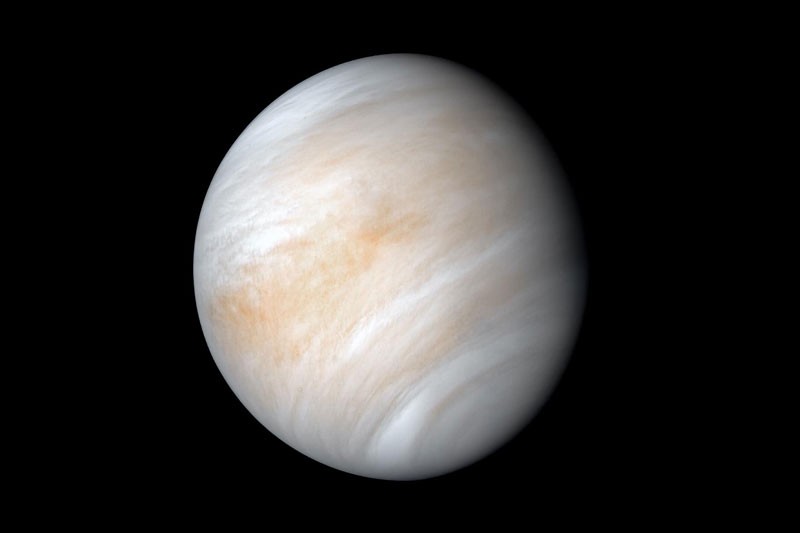
The main reason for space exploration is to search for life beyond Earth.

In a recent paper a UK physicist uses past missions and recent findings to encourage the importance of searching for life in the atmosphere of the solar system's most inhospitable planet, Venus.

From the rapid development of vaccines for Covid-19 to the stunning collection of an asteroid sample, these were the biggest science moments of the year.

A team of researchers claims they've discovered the amino acid glycine in Venus' atmosphere. There are about 500 known amino acids, but only 20 are present in the genetic code. Glycine is the simplest of them.

An international team of scientists have recently found the abundances of phosphine in the Venusian cloud decks. It might - just might - be a biosignature.

According to new study by a team of NASA scientists, Venus would have been able to maintain stable temperatures – from a low of 20 °C (68 °F) to a high of 50 °C (122 °F) – for about three billion years.